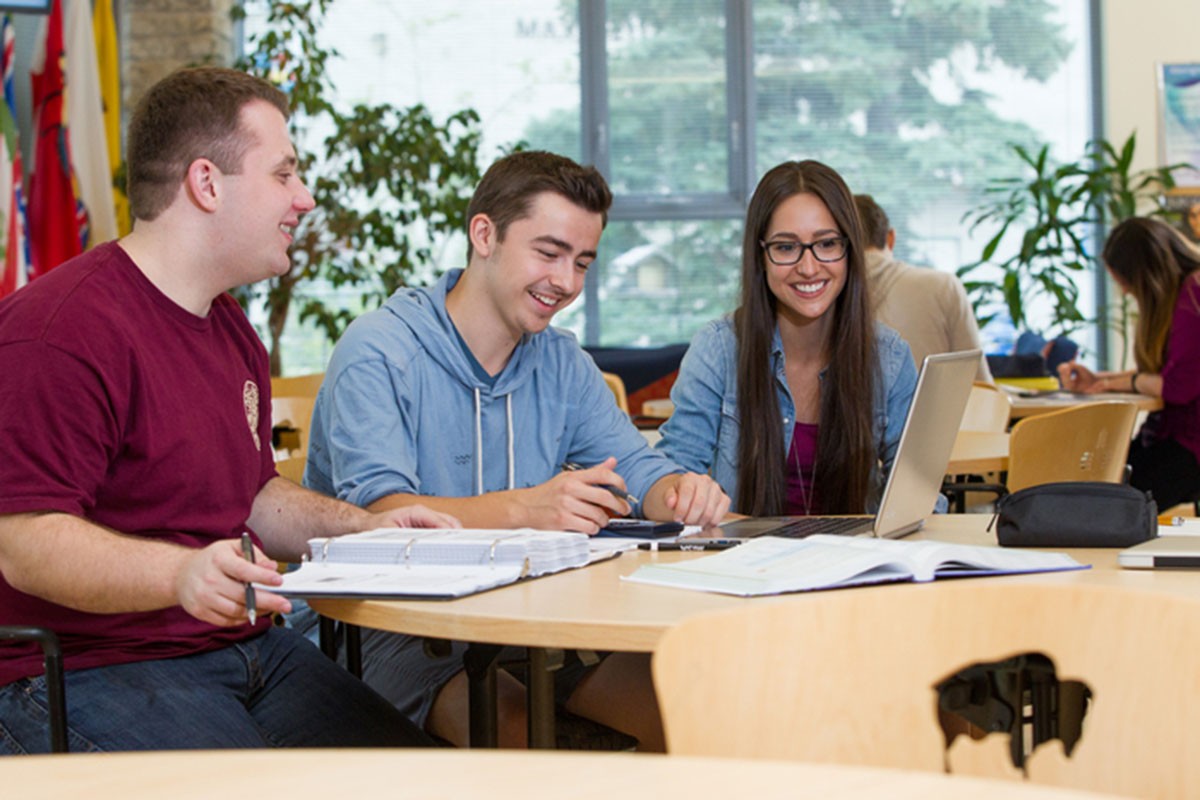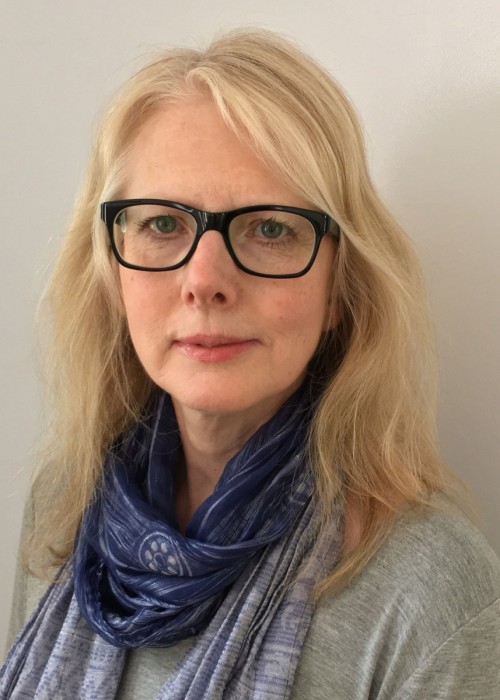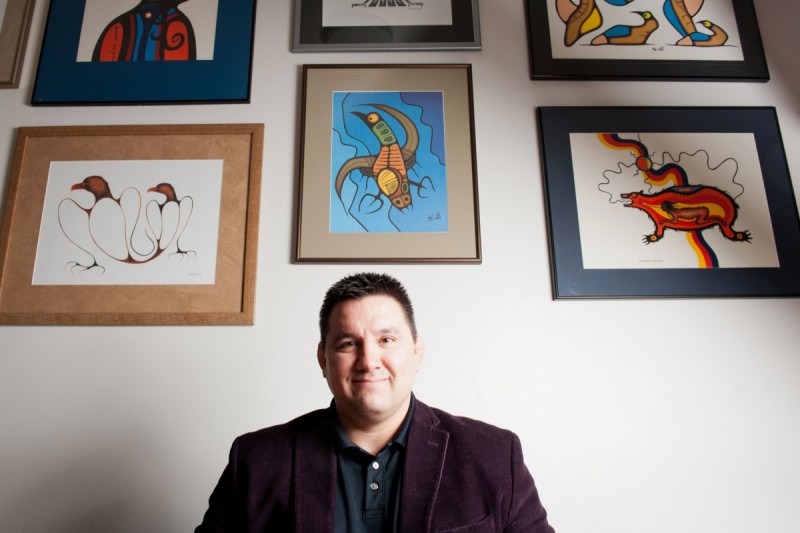
Every year, the University of Manitoba welcomes more than 2,000 First Nations, Métis and Inuit students, one of the largest Indigenous student populations in Canada.
Advancing Indigenous achievement
The deadline for the University of Manitoba’s new Indigenous Initiatives Fund is approaching quickly. The fund was created to support new unit-based projects that will further the University’s Indigenous achievement goals and priorities.
UM Today asked Diane Hiebert-Murphy, Vice-Provost (Academic Affairs) and Frank Deer, Acting Executive Lead, Indigenous Achievement to answer some questions about the new fund and the importance of advancing Indigenous achievement at the U of M.
What types of projects or programs will the Indigenous Initiatives Fund support?
Diane Hiebert-Murphy: The Call for Proposals is intentionally broad so that units can decide how best to advance Indigenous achievement in their faculties/programs. We expect to see a range of projects including those that focus on furthering an understanding of Indigenous knowledge and culture among staff and faculty, those that focus on increasing engagement between the unit and the Indigenous community, those that focus on curriculum change that integrates Indigenous knowledge and perspectives into programs, and those that explore innovations in teaching and learning to enhance Indigenous student success or enhance all students’ understanding of Indigenous peoples.
Why is it important for the University of Manitoba to support Indigenous initiatives, especially at this time in history?
Frank Deer: I’ve been on campus for 20 years and programs and initiatives such as these were absolutely unheard of 20 years ago. I can’t really say that without giving some consideration to what was different then. We were still tussling with the Residential School experience. We were still tussling with how Indigenous peoples were engaged with post-secondary education, with the labour market, and so on. Frankly, we still are, but it is now a part of the Canadian consciousness whereas 20 years ago it wasn’t.
There seems to be some momentum that’s been gathering for a while, most recently with the TRC’s Calls to Action, which has given everyone an opportunity to rethink how they go about things in their professional lives with a view of creating a harmonious society that is inclusive of all peoples, especially Indigenous peoples. We have a journey towards moral truth and now it seems that the Canadian Indigenous experience is an important dimension of that. We still have a lot of work to do, but in 20 years I’ve seen a great deal of change. I’d like to say that I hope among other things that this province this city this country changes for the benefit of my children.
Who will benefit from the work that will be supported by the Indigenous Initiatives Fund?
Diane Hiebert-Murphy: I anticipate that some projects will result in staff and faculty developing a deeper understanding of Indigenous culture and knowledges. Indigenous students will benefit from projects that create a more inclusive and supportive environment. Non-Indigenous students will benefit from the opportunity to learn more about Indigenous culture, an important foundation for life as a Manitoban and Canadian. All students and faculty will benefit from exploring the value of incorporating Indigenous knowledges in their disciplines.
Frank Deer: If you have projects that are led by informed and learned faculty that engage with students you have the immediate impact of affecting scholarship programming in the university, but you also have the experience itself. You are also giving people the opportunity to see how this experience can inform how they go about their daily lives, how they interface with other Canadians. So there is an academic dimension to this that is of benefit and there is a societal one as well.
How have you seen support for Indigenous Achievement advance during your academic careers?
Diane Hiebert-Murphy: I was fortunate to take a course in Native Studies during my first year as an undergraduate student. It was a fantastic course in which we explored Indigenous history and culture and learned about the challenges faced by Indigenous communities. I went on to study in Social Work where knowledge about Indigenous people was integrated into the curriculum and where there was an awareness of the importance of engaging with Indigenous communities and increasing access and support for Indigenous students. But this was one of the few faculties where this was a priority.
Since that time, I have seen growing awareness across campus of the importance of supporting the success of Indigenous students, integrating Indigenous knowledge and perspectives into our teaching, research and service activities, and engaging with Indigenous communities. It is significant that Indigenous Achievement is one of the priorities in our strategic plan. Dedicating resources to activities that will move the University towards realizing these goals is critical.
Frank Deer: I began my life as a student in 1994 here at the University of Manitoba
I’m glad to say that there are many faculty, whether they are Indigenous or not, who fought a lot of fights so I don’t have to fight them now. I suppose that that means that the climate and culture of the campus has been affected in such a way that gives me the confidence to go about my work in a way that presumes, and almost expects, that my colleagues will recognize and affirm and appreciate what I’m doing.
What are your hopes for the future of Indigenous achievement/inclusion at the University of Manitoba?
Diane Hiebert-Murphy: I hope that Indigenous achievement remains an ongoing priority within the University and that there is a long-term commitment to working in partnership with Indigenous communities towards increasing integration of Indigenous knowledges and perspectives in our curricula, that we see increasing numbers of Indigenous students choose to study at the University of Manitoba because of the culture of inclusion, and that we are recognized as a leader in Indigenous research and scholarship and in teaching innovations that ensure that all students graduate with an understanding of Indigenous history, culture, and perspectives.
Frank Deer: There are many departments and faculties who have asked my colleagues and myself to support their journey to the incorporation of Indigenous knowledge into their work and to acquire some advice and consultation about how to support Indigenous students in other ways. Different units across campus are at different stages in that journey, so that’s something that I hope we can continue to do so that all academic units have some capacity to be supportive of Indigenous students and to explore Indigenous content in a way that’s relevant to their areas. It’s very exciting and it’s an honour to be a part of these initiatives.
Proposals for the Indigenous Initiatives Fund are due Monday, Oct. 31, 2016.
To view the call for proposals, visit this link.








